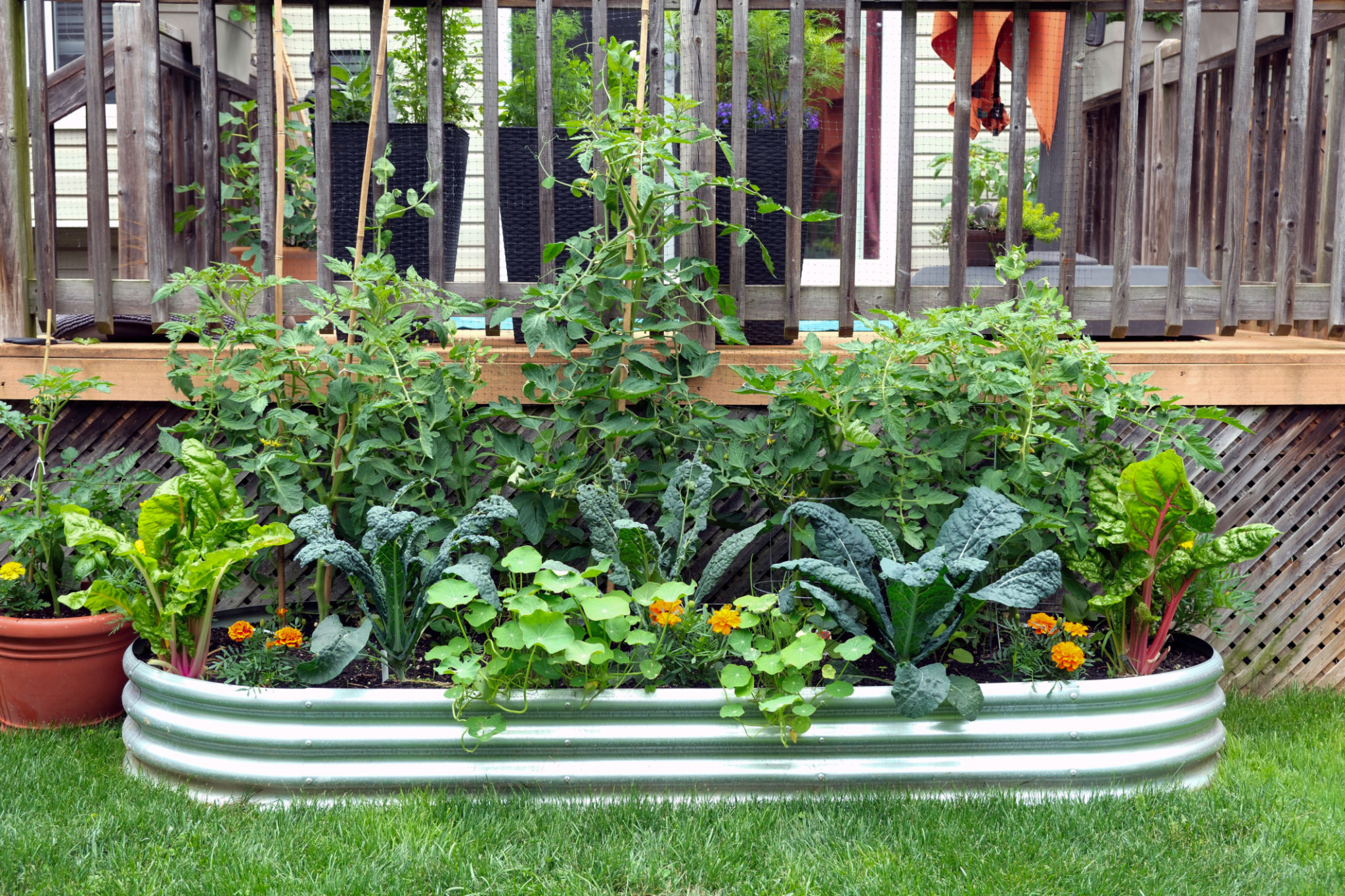Preparing Your Dayton, VA Garden for Summer: Essential Tips
Plan Your Garden Layout
As summer approaches in Dayton, VA, it’s time to start planning your garden layout. Consider which vegetables, fruits, and flowers you want to grow and map out where each will go. Take into account the amount of sunlight each area of your garden receives, as different plants have varying light requirements. Planning ahead will help optimize space and ensure that your plants thrive.
Creating a detailed garden plan can also help you determine how much space you need to leave between plants. Some plants, like tomatoes and cucumbers, require more room to grow, while others like lettuce and radishes can be planted more closely together.

Prepare the Soil
Once you’ve planned your garden layout, it's time to prepare the soil. Start by removing any weeds and debris from your garden beds. This will help prevent pests and diseases from taking hold in your garden. Next, loosen the soil with a spade or tiller to improve aeration and drainage.
Adding organic matter, such as compost or well-rotted manure, can enrich the soil with essential nutrients. This not only improves soil structure but also enhances its ability to retain moisture, which is crucial during the hot summer months. Testing your soil for pH and nutrient levels can also provide valuable insights for adjusting the soil composition.

Choose the Right Plants
Selecting the right plants for your Dayton garden is key to a successful summer harvest. Consider planting native species that are well-suited to the local climate and soil conditions. Native plants are often more resilient to local pests and weather variations.
For a productive vegetable garden, consider including tomatoes, peppers, squash, and beans, which thrive in warm weather. If you're focusing on flowers, sunflowers, marigolds, and zinnias are excellent choices for vibrant summer blooms. Always check the seed packets or plant labels for information on planting times and care instructions.

Implement a Watering Strategy
Summer in Dayton can bring hot and dry conditions, making a solid watering strategy essential for your garden’s success. Consider installing a drip irrigation system or soaker hoses to deliver water directly to the plant roots, reducing evaporation.
Watering early in the morning or late in the evening is most effective as it minimizes water loss due to evaporation. Ensure that your garden receives about an inch of water each week, either from rainfall or supplemental watering. Monitoring soil moisture levels can help you adjust your watering schedule as needed.
Protect Against Pests and Diseases
Keeping your garden healthy involves proactive measures against pests and diseases. Start by inspecting plants regularly for signs of trouble, such as discolored leaves or chewed foliage. Introducing beneficial insects like ladybugs can naturally control pest populations.
Using organic pesticides or natural remedies such as neem oil can help manage pest issues without harming the environment. Practicing crop rotation and ensuring proper plant spacing can also reduce the risk of disease outbreaks by improving air circulation and preventing soil-borne pathogens.

Mulch for Moisture Retention
Applying a layer of mulch around your plants is an effective way to retain soil moisture and suppress weeds. Organic mulches like straw, wood chips, or shredded leaves not only conserve water but also gradually improve soil quality as they decompose.
Aim to apply a 2-3 inch layer of mulch around your plants, ensuring that it does not touch the plant stems directly, as this can lead to rot. Mulching is especially beneficial during the peak summer heat when moisture retention is crucial for plant health.
Maintain Your Garden Regularly
Consistent maintenance is vital for a thriving summer garden in Dayton. Regularly check for weeds and remove them promptly to prevent competition for nutrients and water. Pruning dead or diseased branches ensures healthy plant growth and reduces pest habitats.
Fertilize your plants according to their specific needs to support healthy growth throughout the season. Keeping a gardening journal can help track your tasks and note any issues that arise, making future gardening seasons even more successful.

